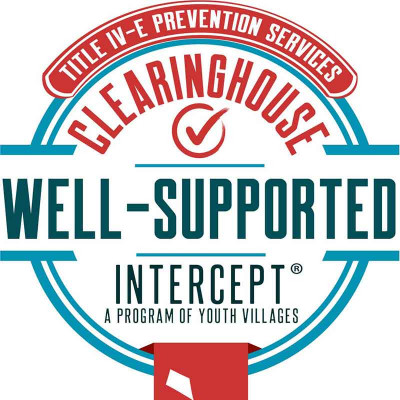Mental-Health Program Provides Alternative to Emergency-Room Boarding

Lily Bohlke – Commonwealth News Service
On a given day in Massachusetts, more than 100 children and teenagers are brought to hospital emergency rooms because they’re facing a mental-health crisis and sometimes have to stay there for days or weeks.
Nonprofit Youth Villages is partnering with the Massachusetts Health and Human Services Department for a program called Intercept, to provide immediate in-home mental-health treatment for kids and teens.
Matt Stone, executive director of Youth Villages, hopes to see similar programs in other communities.
“The vast majority of the children and adolescents that we are serving in this program,” Stone explained. “They don’t need a bed in a facility. What they need is intensive in-home support, to help the parents and caregivers be able to manage the crisis.”
Stone noted Youth Villages has served more than 100 families, referred by 20 different hospitals. Family intervention specialists meet with families two to three times a week; help address issues with schools, courts and children’s services; and build and help families execute treatment plans. They’re also on call 24/7 in case of an emergency.
Joy Rosen, vice president for systems behavioral and mental health at Mass General Brigham, said during the pandemic, hospitals have seen increased numbers of children and teens in mental distress. She pointed out there are a number of factors, from remote learning and feeling isolated, to potential loss of a friend or family member.
“Anyone is accepted, regardless of their insurance, whether they’re documented or undocumented,” Rosen stressed. “It’s really a breath of fresh air, and particularly at a time when clinicians did not feel they had many resources at their fingertips for these suffering kids and families.”
Angela is a parent of a teenager who went through the Intercept program. She emphasized the difference it makes to be able to take care of your kid at home. She recounted when her daughter was experiencing an eating disorder and self-harm, she was stuck in the emergency room for two full weeks because inpatient facilities wouldn’t take her, until she was discharged with Youth Villages.
“Awareness of this program really needs to be heightened up a bit to help get kids home. An emergency room is not a place for mental illness with kids,” Angela asserted. “She saw way too many things as a teenager that she should not have seen in that emergency room.”
